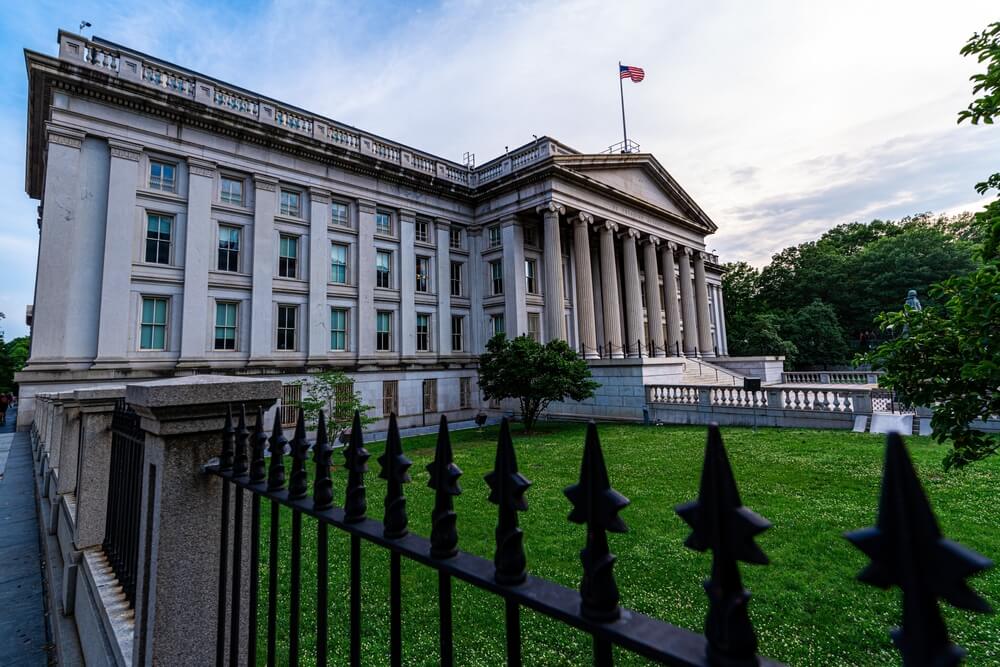Prospects for an end to Sudan’s brutal civil war still appear bleak despite a peace plan proposed last week by the US and three regional powers that says there is “no viable military solution to the conflict” that started more than two years ago.
Western attention towards the war has been fitful at best, despite allegations of genocide, man-made famine and other atrocities committed during the war, and it is feared this latest peace push may follow the fate of previous failed initiatives.
The road map published on 12 September by the so-called Quad - US, Saudi Arabia, United Arab Emirates and Egypt - calls for a three-month humanitarian truce, followed by a permanent ceasefire and a nine-month transitional process to establish a civilian-led government.
The Sudanese government, established by the Sudanese Armed Forces (SAF) in June, criticised the plan, saying it would not accept “interventions that do not respect the sovereignty of the Sudanese state and its legitimate institutions.”
The government’s foes, the paramilitary Rapid Support Forces (RSF) that has formed a parallel government, reportedly welcomed only parts of the plan.
A lack of full attention
Aside from this apparent half-hearted diplomatic game, the RSF is maintaining a siege on the Darfur region’s capital city of El Fasher, trapping around 260,000 people behind a 20-mile earthen wall built this summer and still being extended, according to satellite images published by the Yale School of Public Health.
“After more than a year under RSF siege, the situation in El Fasher is catastrophic,” said Volker Turk, the UN human rights chief, last week. “The scale of the suffering of the Sudanese people across this vast country is unfathomable, demanding the full attention of the world.”
The sponsors of the latest peace plan each have their own agendas in Sudan, and they are unlikely to drop them for the sake of peace
Both the RSF and SAF are accused of committing atrocities, including ethnic cleansing, extrajudicial killings and sexual violence against civilians, including children.
The International Criminal Court believes war crimes are now taking place in Darfur. The Biden administration, just before it left office in January, said the RSF and its militias were committing genocide. Washington has imposed sanctions on RSF and SAF leaders.
A lack of full attention has characterised the world’s response since war broke out in April 2023, and few analysts expect this to change. The sponsors of the latest peace plan each have their own agendas in Sudan, and they are unlikely to drop them for the sake of peace.
Stopping proxy interference in Sudan
The plan focuses on the Muslim Brotherhood, considered by Saudi Arabia, Egypt and the UAE to be a terrorist group, which has links to some SAF forces. Sudan’s future cannot be “dictated by violent extremist groups part of or evidently linked to the Muslim Brotherhood,” according to the Quad.
With no irony, the plan’s text published by the US State Department also calls for an end to external military support to the conflict, saying it “serves to intensify and prolong the conflict.” The New York Times and others have documented how the UAE has supplied guns, drones and medical support to the RSF.
Last week, the Sudanese government submitted to the UN what it called evidence of the UAE hiring “hundreds” of Colombian mercenaries through private security companies known as “Desert Wolves” to fight with the RSF. The fighters were deployed through a UAE base in Somalia via eastern Libya, where the UAE backs warlord Khalifa Haftar.
 The sanctions aim to limit Islamist influence within Sudan and curtail Iran’s regional activities - US Treasury Department
The sanctions aim to limit Islamist influence within Sudan and curtail Iran’s regional activities - US Treasury Department
Along with publishing the peace plan last Friday, the US imposed sanctions on Sudan's finance minister, Jibril Ibrahim, an Islamist, as well as the Baraa Ibn-Malik Brigade, an Islamist militia that has fought with the SAF.
The sanctions “aim to limit Islamist influence within Sudan and curtail Iran’s regional activities,” said a Treasury Department statement. There is speculation that the US will designate the Muslim Brotherhood and its affiliated groups as terrorist organisations in the near future.
Two members of the Quad - Egypt and Saudi Arabia - have taken a more pro-SAF position, and the US would have to exert serious pressure on them and the UAE to stop their proxy interference in Sudan.
Furthermore, few imagine that Washington’s Arab allies really desire an inclusive Sudan that would highlight their lack of democracy at home.
The West’s indifference to Sudan
It is hard to disagree with Mahmoud Ali Youssouf, chairman of the African Union Commission, who told The National that Sudan is sidelined by the West because it sees no vital interests there.
“The reason is mainly because there is no particular interest from the international community to deal with the African crises, because they have no economic impact,” he said. “They don’t disturb or disrupt the international trade and they don’t have implications for those countries.”
Perhaps the situation and human suffering have to worsen further to galvanise attention
But aside from the humanitarian crisis, there are plenty of reasons for Western governments to get involved in Sudan, argues Rosalind Marsden of Chatham House.
“These include the threat to Red Sea security posed by plans for a Russian naval base, the growing Iranian presence in Port Sudan, and the risk that Sudan – which hosted Osama bin Laden in the 1990s – could once again become a haven for terrorist groups and a source of increased irregular migration to Europe,” she says.
Perhaps the situation and human suffering have to worsen further to galvanise attention.